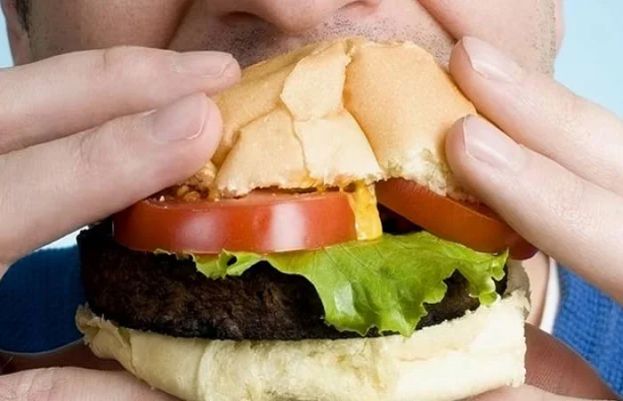[ad_1]

In the pursuit of healthier choices, the connection between food and mental health is underlined by experts warning that some foods might worsen stress and anxiety.
According to media report, Doctor Michelle DiBlasi, a psychiatrist at Tufts Medical Center in Boston, emphasises the addictive nature of certain foods, triggering a dopamine rush akin to substance use in the brain.
Stress eating and emotional eating often intertwine with mental health, especially for those grappling with anxiety. DiBlasi notes that turning to food in such situations, particularly foods high in sugar, fat, and salt, such as burgers, carbonated drinks, and processed sweets can lead to genuine food addiction.
The cravings for these elements can be overpowering, making it challenging for individuals to halt consumption once started.
DiBlasi advocates a crucial first step: when the stress response kicks in, pause and listen to your body. Advising people to eat based on body cues rather than emotions, she stresses the importance of recognising genuine hunger versus other emotional states like anxiety or boredom.
Reminding individuals that food is a source of fuel for clear thinking and bodily strength, she aims to shift the focus from emotional triggers to physiological needs.
Identifying trigger foods is recommended, but DiBlasi advises against complete elimination. Instead, individuals should be mindful of their relationship with such foods.
For instance, if stress prompts a craving for French fries, outright bans are discouraged to prevent heightened cravings and potential overconsumption.
Additional strategies for mindful eating include sitting down, eating slowly, and savouring the food. DiBlasi encourages individuals to avoid screen time during meals to enhance mindfulness about what they are eating.
The overall message is clear: understanding the intricate link between food and mental health can empower individuals to make conscious choices for their well-being.
[ad_2]
Source link






